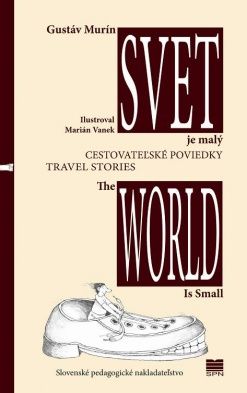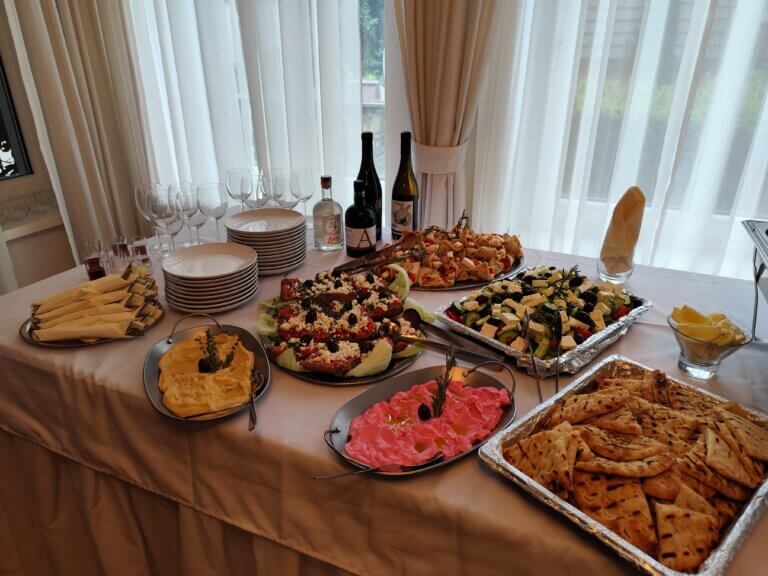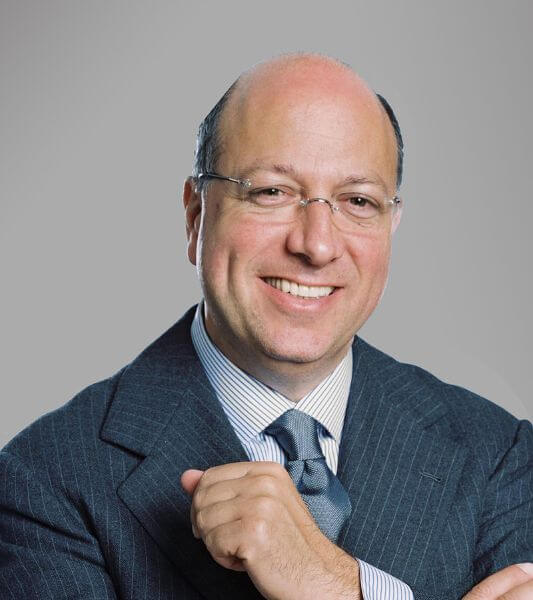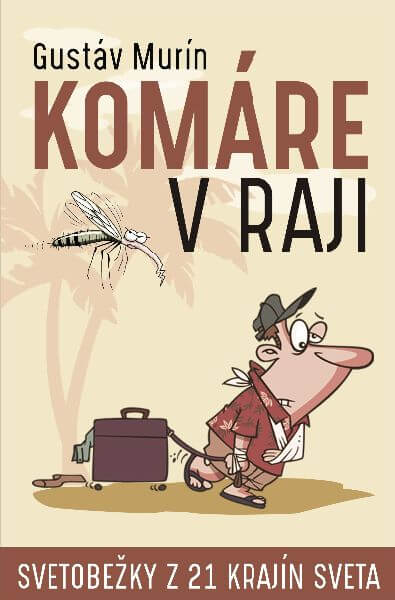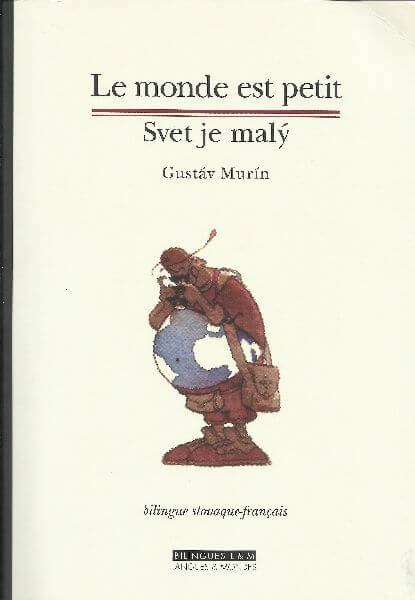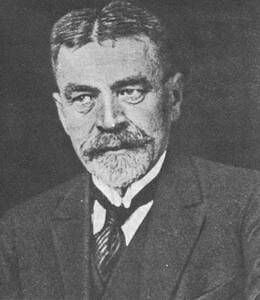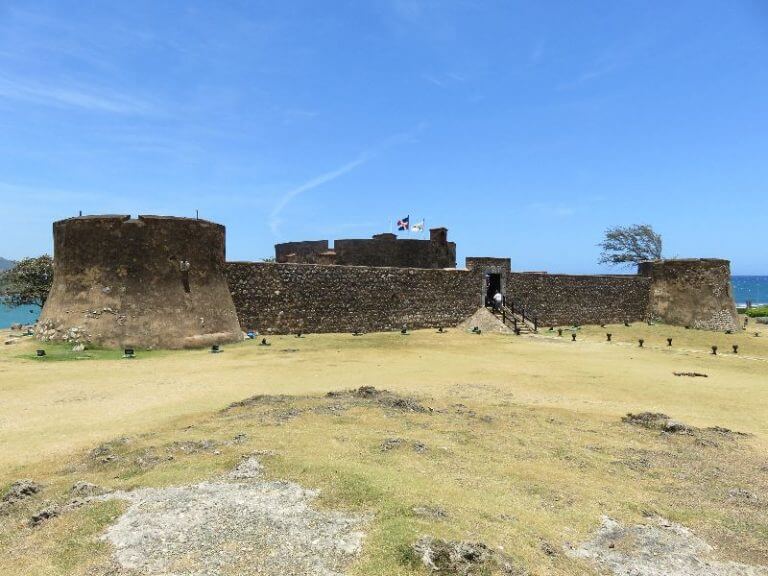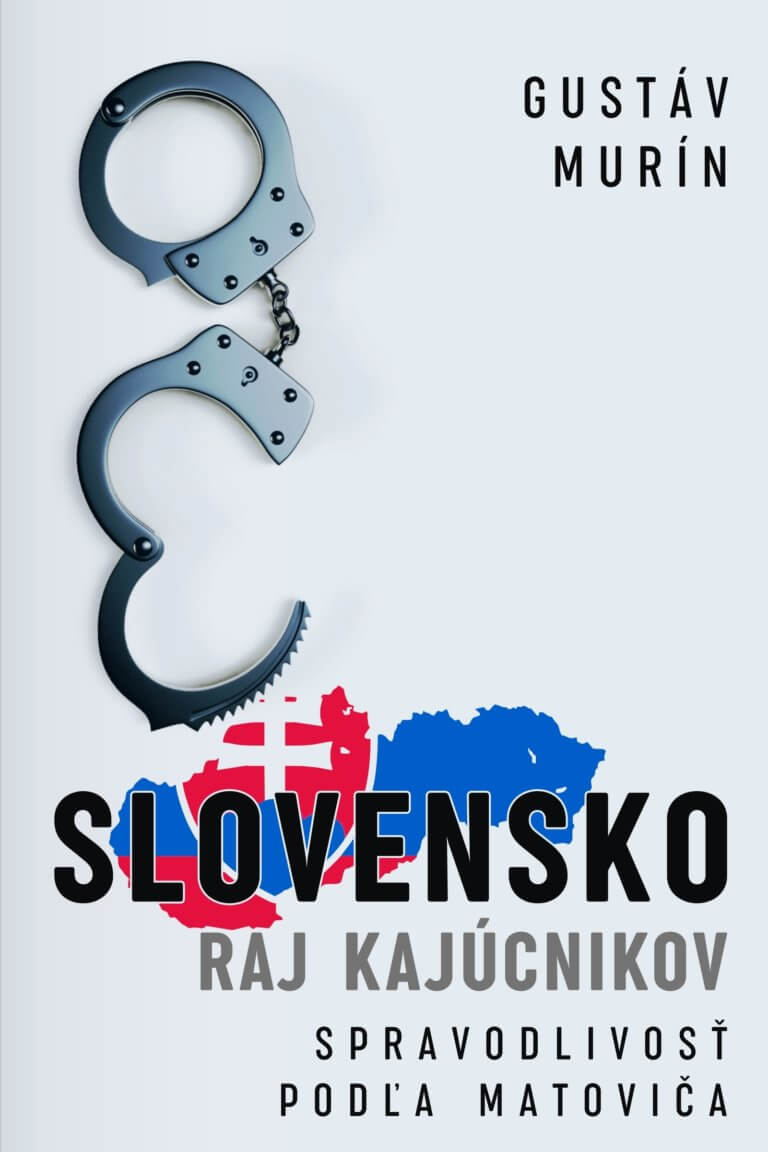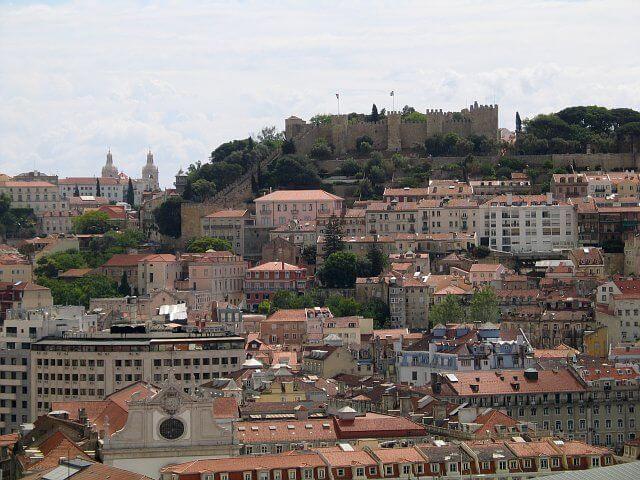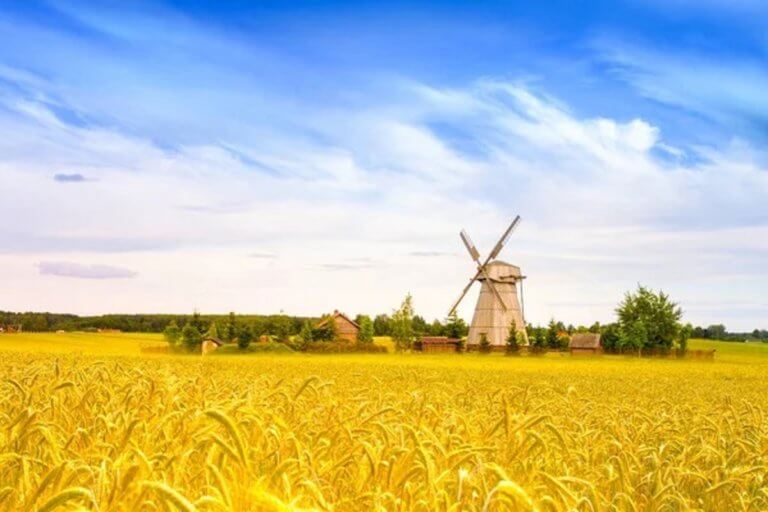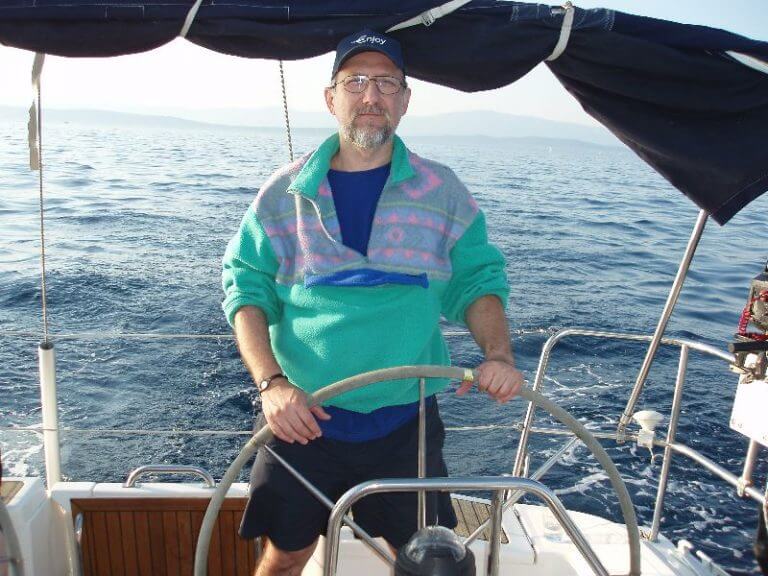There are many kinds of traveling, but the couchette gives one a special experience. A group of people – complete strangers – brought together by necessity to spend the night with one another. Nowhere else under any circumstance, can you press a lady, who is always interested in maintaining her reputation, to share a room with unknown men. Even on the regular night-ferry from Tallinn to Helsinki where for the traditionally drunken Finns would be ideal victims of such a practice, nobody came up with the idea to accommodate them, regardless of sex and relationships, randomly into one cabin. However, Russian railways give you this experience all the time. The most piquant part is that, until the last moment, you don’t know with whom will you spend the night. Then, it’s too late to protest. With all the misery of Russian Railways they have it set well.
I should have been warned about this adventure already on my way to Minsk. I traveled with a married Russian couple, typical of those days. He was an university educated mathematician, she a mechanical engineer. In the new democratic system they left their jobs, with a laughably small salary, and hit the streets selling – clothes and textiles that our people wouldn’t spend a penny on or put into their wardrobe even for free just to feed the moths.
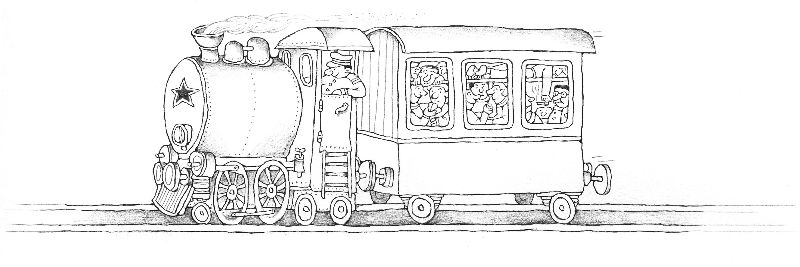
But in Russia, this stuff was a big hit. And thus the former mathematician and the former mechanical engineer made this journey every month from behind Moscow to Warsaw. At the ’Jarmark Europa’ (originally a sport stadium which has been converted into a bazaar) was an interesting monument to this kind of business. Buying whole sackloads of this kind of garbage, this couple struggles to get it on the train, presses it into every corner of the compartment, and leaves me only a small part of room to sleep. Then they worry whether, after they’ve paid off the customs officers, they will make enough to live on for the next month.
When you get to the strange junction at the frontier of Belarus and Poland, you can easily be convinced what is dividing the Russian world, which still includes Belarus, from the rest of the Europe. The railway officials at the border split the train into separate wagons that are pulled to a big workroom. They lift up the wagons with you in them and change the undercarriage from European to the Russian wide. To give you enough time during this long-time procedure to think about it passport officers, arrogant as always, come to take your passport and leave. Your confidence as a traveler changes along with the undercarriage. You become an always-suspect foreigner doubting if you have any rights. These two transitions last for over an hour. During this changeover, you see strange figures observable everywhere in regions under Russian influence. Old women with big bags from which they pull bottles of vodka, cigarettes, and little sacks of apples that they try to sell. These goods, readily available in the land of the normal rails, here provide the source of existence for thousands of people. The same people under normal circumstances could do something useful like teaching mathematics or working as a mechanical engineer. But there are no normal circumstances in that hardly tested country.
On the return trip from Minsk to Warsaw, fortune sent me another interesting collection of traveling companions – two Belarusians. One was an older man I had already seen on the departure platform. His daughter with her husband and grandchild were with him there. A strange multibody sculpture in which the chirping grandchild moved the most, the granddad the least. He looked sympathetic, but also a little used up by Communism. Indeed, this farewell ritual was a reminiscence of old times. People in countries with normal rails use to travel where they want, when they want. There is no time for such long send-offs.
The little group at the platform in Minsk sanctified the ritual of quiet embarrassment, and my traveling companion entered the train with manifest relief that he no longer had to think of something clever to say at the last moment. He anyhow didn’t look likely to hit on something considerably clever.
My second traveling companion was a younger colleague of the first one. He got on the train at the last moment sweating and from his joy over making the train on time he started to speak with me as soon as he caught his breath. He was enthusiastic about everything that awaited him. He was going to the West! In fact, they were going to represent their company somewhere in the Czech Republic for a six-month stint. Our people can hardly get enthusiastic about such a trip, which we can take whenever we want to. Anyway, I tried to encourage my new friend by describing how the Czech west would look, for what he can look forward to. When the train finally moved, another traveling ritual began. There are no restaurants on these trains, or, if there are, they don’t have any food, and if they do it’s expensive and of low quality. Every experienced traveler in these areas brings a supply of food from home. Nevertheless, I was in shock when I saw what they had prepared for themselves. The younger started, of course, with vodka and roast chicken. The older trumped him with a bottle of pickles and the biggest sandwich I had ever seen. Who knows if it was their family invention, but this sandwich from ten pieces of bread had everything – mostly salami. The sandwich was the better part of a half-meter high.
For people who aren’t accustomed to traveling, or never travel, a meal is worth the world. When they feast, their Gargantuous appetite is replacing their hunger for actual travel. They travel by sitting and eating. And when fortune allows them to travel, they take their feasting habits with them.
My traveling companions, fortunately, offered me from their rich supply of food. To them I offered our beer and chocolate, which I planned to live on for the rest of my journey. For two days, we ate, drank and discussed. The feast of a genuine “druzhba” centered in our compartment! With the younger fellow it was a pleasure, as he continued to extract more information from me about the Czech Republic. He was interested in everything.

All obvious aspects of life in the countries of the normal rails brought him to a state of exhilaration. With the older, it was more difficult. He felt that his added experience in life ought to outshine our stories. Unfortunately, with the traveling to the west, he had nothing that would do the trick. Then he tried suggestive questions like in old Russian films. There are those entrees to deep-thinking types like:
„Who is the greatest philosopher in the world?” Answer he had already prepared (Gandhi, for sure, because Lenin and Marx are now out of the fashion and he barely knew someone else). In fact he didn’t know anything about philosophy. He was also very nervous about the unabashed admiration for everything Western that his colleague was displaying – in comparison, that is, with everything they knew in the countries of the wide rails. The older man thought it unpatriotic, and he was anxious to showcase some of the wondrous elements of life in Belarus. I could not be left with the impression that I was leaving a country that was filled with nothingness. We drank and ate, and the younger one untiringly asked me questions, while the older one only frowned as he looked out the window and waited his moment. And it came.
Almost at the end of our journey, the lights came on in his eyes. To tell the truth, I hoped that he had hit upon a good idea. He was part of the last generation that had to bear the communist experiment and today have no claim to understand the world view of the young, as they have an absolutely different set of problems. Suffering is bad, but suffering for nothing is depressing. Therefore, it’s understandable that they try to salvage some scraps of human dignity in these truly undignified conditions. We are not better or worst in it in comparison with Belarusians. It is the same with most of the members of this generation in my homeland. Actually, in this situation vodka also played a role. It helped to foster our maudlin feelings of brotherhood. And that was the right moment for the question of all questions.
„By the way, Gustav Augustinovich, do you know, where the ´heart of Europe´ is?” the older man asked.
I was sorry that he had missed the mark again. Unfortunately he had asked one of the only expert cardiologists who can point to the many places where the heart of Europe beats. First of all, during the years when Czechoslovakia existed it was constantly promoted that the heart of Europe is, of course, Prague. Surprisingly or not, at the international airport in Budapest a poster welcomed me to Hungary – where the whole country was promoted as a heart of Europe. However, Slovenia on the Adriatic coast, according the official bulletin of its airliner Adria, aspires to this proud title too. Air France, on the contrary, offers flights connecting you to anywhere in the world from the heart of Europe, which is, of course, France. The same thing is said in Luxembourg and the Netherlands. I also heard a BBC political commentator who spoke about some political turbulences in Italy, which we must pay attention because Italy is in the ´heart of Europe´. Simultaneously, The Times in London published a story about Bosnia headlined “European heart in American hands”. In Warsaw, in a book store called Megastore, I found a book by Norman Davies titled “Heart of Europe – Short History of Poland”. A few years ago also the Slovak government had commissioned some experts – geopolitical cardiologists to determine where the heart of Europe is. The result is obvious, it is right in the heart of Slovakia!
With a heart at so many places at the same time, it is not surprising that Europe is every moment so close to a heart attack. But this is not the end of the troubles for the issue over the center of Central Europe. Of course, in such an important issue we have also officially claimed “center of Europe”. There are three.
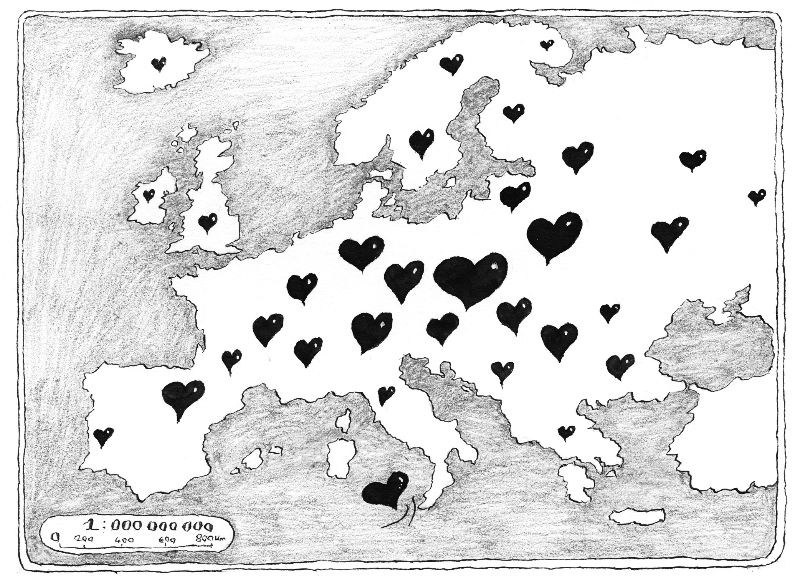
In Slovakia we have one at a hill near a village called Krahule, in the central part (where else) of the country. However, in Ukraine, the eastern neighbor of Slovakia, in the city Rahov (south-west of the more well-known city Lviv) a pillar of stones was built showing the place where the ´center of Europe´ certainly is. It seems that Ukrainian’s neighbor, Lithuania, has never heard about it, because people there have their own stone pillar. This one was erected in 1991, precisely located by the French National Geographic Institute at 25‘‘19‘ latitude and 54‘‘ 54‘ longitude…
These three ‘centers of Europe’ are creating a triangle with sides not shorter than 375 km – 750 km – 875 km.
I tried to explain to the older Belarusian all these problems of clearly locating the heart of Europe, but he resolutely refused to listen. My “western” over-speculation only made him angry.
„You know nothing, Gustav Augustinovich. You don’t understand anything,” he proclaimed.
For two days, I knew that it would end this way, but I was curious about the exact scenario.
„The heart of Europe is,” and his speech was punctuated with a long pause, „in our hard-pressed Belarus. We are the heart of Europe!”
However, this was not all. Before we came to Warsaw I was confidentially informed how important the role of the underestimated nation of Belarus would be playing in the future of Europe and the world. According to my traveling companions Europe is the center of the world, so if Belarus is a center of Europe, then it is automatically a center of the center of the world. On such an important place in the heart of the Universe, Belarus would not fail, my older fellow traveler assured me. I got out of the train with my luggage when my older traveling companion intimately (and from vodka also lisping slightly) whispered in my ear.
„We will save the world. Remember it.”
I remembered it because I knew he sincerely though this. The vodka and two days of “druzhba” traveling had brought down the barriers that prevented him from saying what he really thought in the depth of his soul. And may be not only his. I must say that I wish Belarus success in saving the world. The world needs to be saved every moment by somebody and, in principle, it doesn’t matter who does this thankless work. So then, anytime you’re feeling bad, don’t worry. In our world, in the heart of Europe, are people who live much worse than others and their biggest problem is how to save us all.
From a book (see in E-book form here) by Gustáv Murín: Svet je malý/The World is Small – collection of travel stories in bilingual Slovak–English edition, SPN Publ., 2012.

